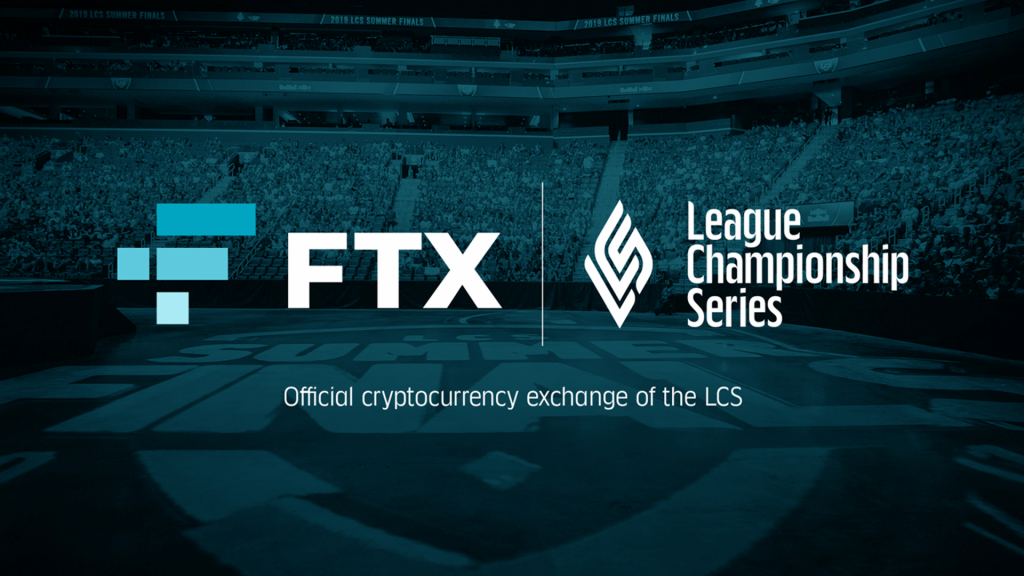The League of Legends Championship Series (LCS) has named FTX its official cryptocurrency exchange partner, representing Riot’s biggest esports league sponsorship agreement to date.
As part of the seven-year partnership, FTX will present the new Most Improved Player Award and FTX branding has been added to in-game gold across all LCS matches. Financial terms were not disclosed.

RELATED: TSM secures $210m 10-year naming rights deal with FTX
Riot explained the partnership in an official blog post, citing consumer interest.
“At the forefront of every LCS partnership, we consider the sentiment and interests of our fans,” the company said. “This data strongly informs our decision-making process, helping us hone in on partners who are relevant to our audience and can elevate the LCS for years to come.
“Those metrics pointed to a direct interest in the crypto category, where FTX stands out as an innovative, thoughtful leader in a space our fans understand. Together, we’ve only just begun to press our advantage.”
The deal immediately raised eyebrows from the esports community, as this announcement comes just months after LCS denied TSM from using FTX branding. Sources told Dot Esports that as part of the deal, Riot will have the ability to remove the branding from assets on applicable international broadcasts where cryptocurrencies are ‘strictly regulated.’
On the contrary, editing physical assets, such as logos on a TSM jersey, are not as plausible.
[primis_video widget=”5183″]
RELATED: Dignitas announces LCS naming rights deal with QNTMPAY
Fans will begin to see FTX branding across LCS broadcasts this weekend. The cryptocurrency exchange made its first esports debut in June with its TSM partnership.
Esports Insider says: Cryptocurrency and NFT marketplaces make for trendy esports partners as of late, but not all fans are on board. In addition to environmental concerns, Riot risks looking like a hypocrite, denying teams the ability to advertise a crypto partnership only to cash in later. Crypto marketplaces are often treated in the same category of risk as alcohol and gambling, which requires that international broadcasts and tournaments be carefully censored in certain regions.

